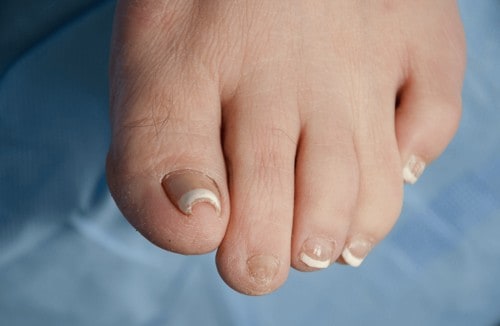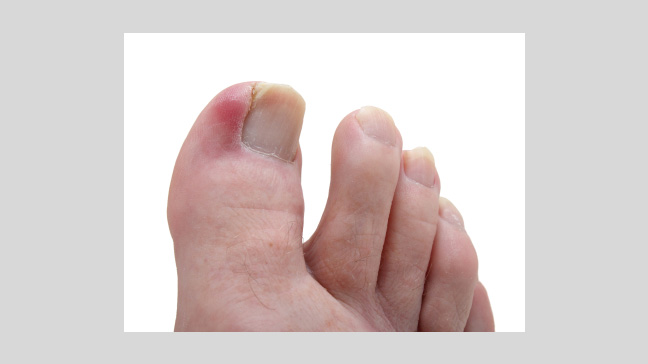
Ingrown toenail medications are a good way to relieve pain and discomfort caused by ingrown toenails. They are available in a variety of forms, and are very easy to apply to the toenail. You should repeat the application twice a day or as often as needed, until the pain and discomfort are gone. The ingrown toenail can be removed by trimming the nail.
If left untreated, ingrown toenail medications can cause the infection to spread to other parts of the body. These infections can lead to septicemia, a bacterial infection that can affect the blood. Furthermore, the constant pain caused by ingrown toenails can cause injuries to other joints. For this reason, it is crucial to treat ingrown toenails immediately. If you do not seek medical attention, a home remedy will usually be sufficient.
Besides preventing infection with over-the-counter antibiotics, you can also use a gentle massage to help increase blood flow to the affected area. This will reduce the pain and the healing process. Another option is to wear shoes with open toes. Moreover, you should avoid repeatedly clipping the border of the nail. While some sources recommend putting cotton under an ingrown toenail, the American College of Foot and Ankle Surgeons warns against this practice.
Ingrown toenail symptoms may include pain, swelling, and inflammation. Symptoms of ingrown toenails are very common and may even be life-threatening, including cellulitis and septicemia. Patients with compromised immune systems are also at a higher risk of developing a bacterial infection. If left untreated, an ingrown toenail can also damage other joints. If not treated quickly, it could result in a serious condition such as an infection.
While home remedies can help relieve the pain, a visit to a doctor may be necessary. Ingrown toenail medications can cause serious side effects. They can cause cellulitis and can even cause septicemia, a bacterial infection of the blood. Moreover, a constant pain can damage other joints. Toe protectors are a great option. These can cover the entire toe, and some toenail protectors come with medicated gels to reduce the pain and discomfort.

While home remedies may seem appealing, a doctor may require more aggressive treatment. A soaked foot is the best choice for ingrown toenail pain. Afterwards, you can use topical medications to treat the pain and septicemia. However, if home treatments don’t work, you should seek medical care to eliminate the infection and prevent further complications. Ingrown toenail medication is the best solution for ingrown toenails.
Over-the-counter medicines are effective for ingrown toenail pain and swelling. Several products on the market are designed to address these problems. You can also try home remedies before visiting a doctor. Taking ibuprofen over-the-counter medicine can cause side effects. Always follow directions carefully. A medicated toe protector can relieve the pain and inflammation associated with ingrown toenails.
Ingrown toenail symptoms can be uncomfortable and sometimes can lead to other serious problems. Severe cases of ingrown toenails can cause septicemia, or a bacterial infection in the blood. Those with compromised immune systems should seek medical attention as soon as possible to prevent the condition from getting worse. Surgical procedures can also be done to remove the ingrown toenail. These methods are usually only recommended for moderate ingrown toenails that have not yet developed pus.
Over-the-counter medications are effective for ingrown toenails. Generally, ibuprofen helps reduce the pain and swelling of ingrown toenails. However, it should be used as directed by a doctor to avoid side effects. A Medicated toe protector can help prevent the pain and discomfort associated with ingrown toenails and can be used by diabetics.
Your doctor will perform a thorough examination of your toenail to determine the cause of ingrown toenail. During the physical exam, your doctor will check your temperature and pulse. You may also need an X-ray to identify the cause of the infection. In severe cases, blood tests will be ordered to rule out serious infections and diabetes. If you notice any of these symptoms, you should consult your doctor.